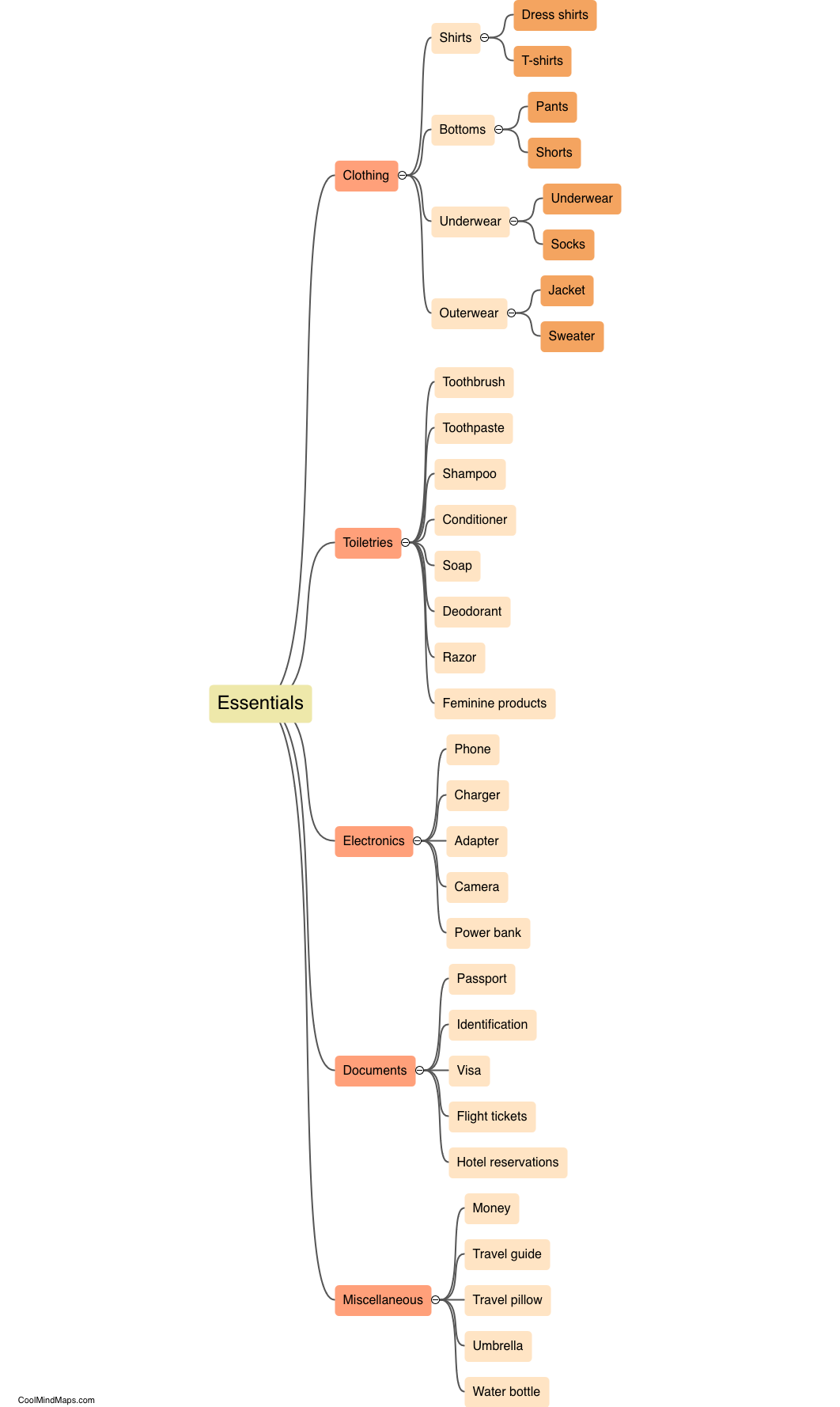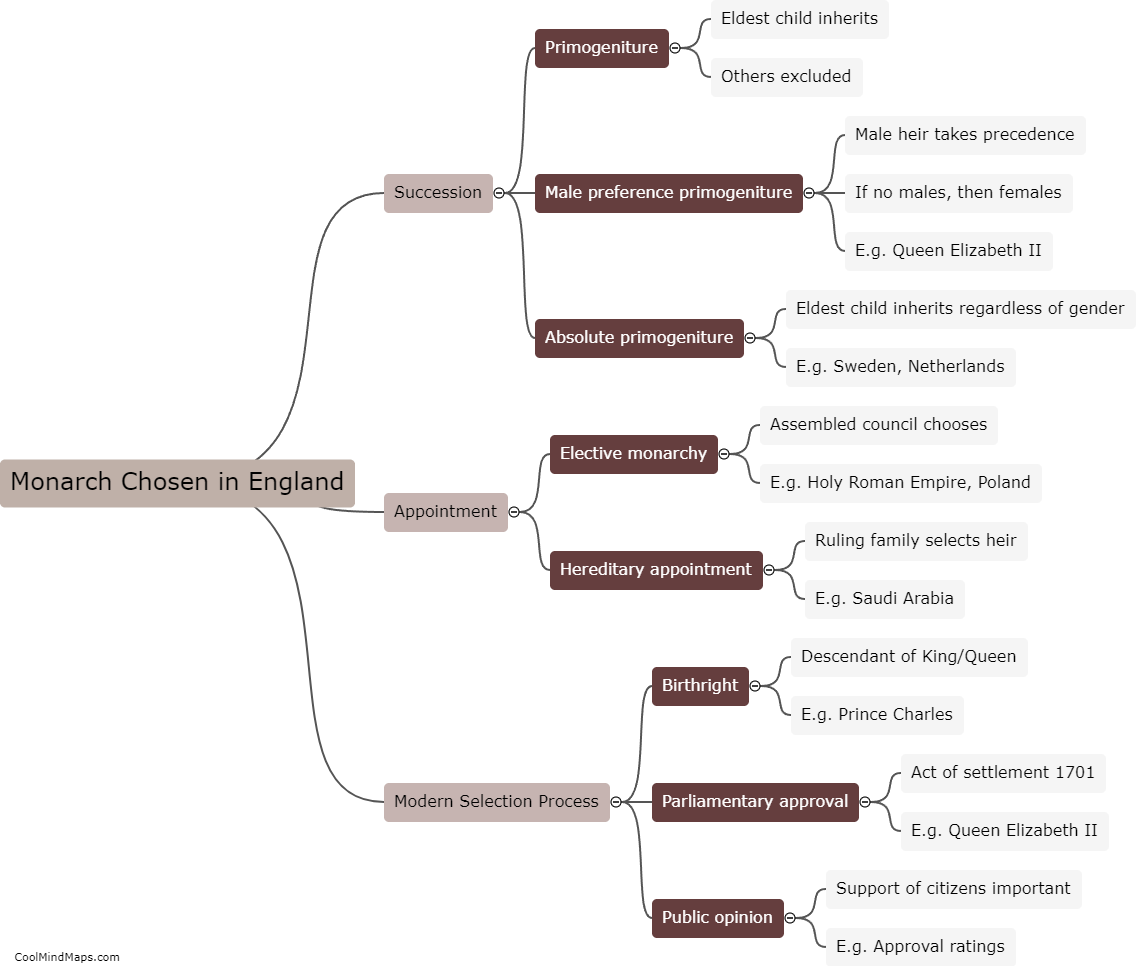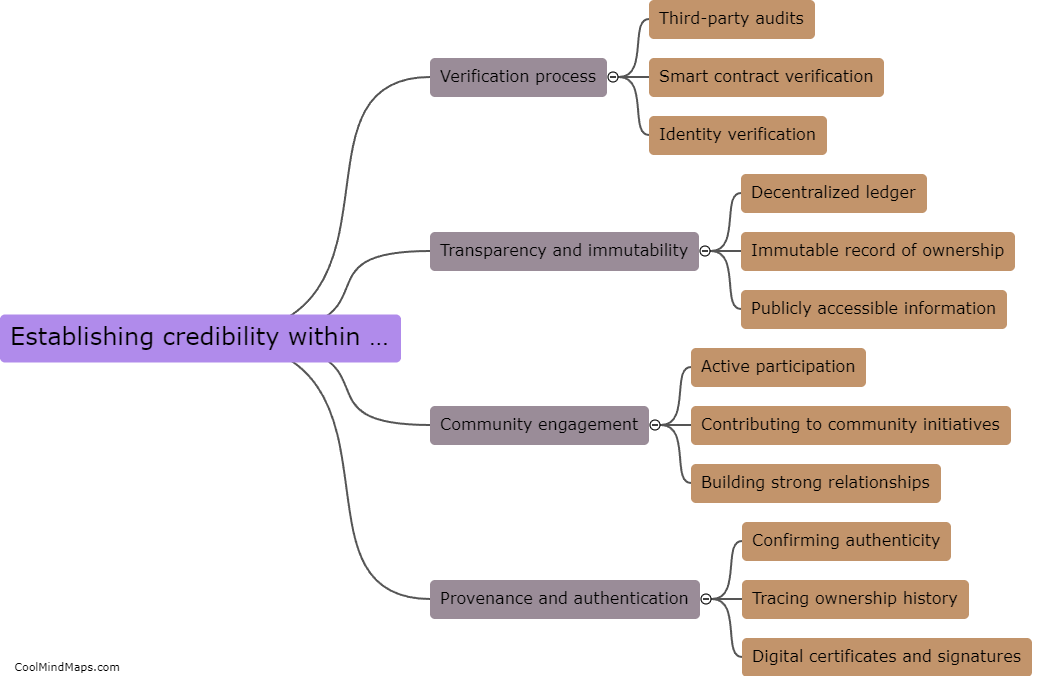How is presidencialismo defined in the Brazilian government system?
Presidencialismo, in the context of the Brazilian government system, refers to the political model in which a President holds significant executive powers and is both the head of state and head of government. Under this system, the President is directly elected by the citizens and serves as the country's chief executive for a fixed term. The Brazilian President has the authority to appoint and dismiss cabinet members, veto legislation, and implement policies. Additionally, the President is responsible for representing Brazil on the international stage and serves as the commander-in-chief of the armed forces. This form of government emphasizes a strong presidential role, giving the President considerable authority and decision-making power within the political system.

This mind map was published on 11 February 2024 and has been viewed 99 times.











